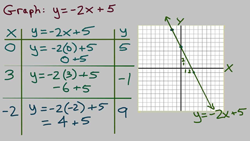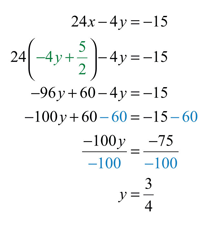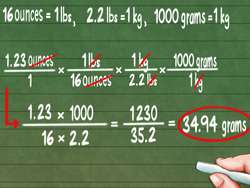|
MATH AT THE BLEND
Algebra I
Tools for understanding math
 Algebra is the study of mathematical relationships. Its study is considered to be essential for learning advanced mathematics, science, or engineering, as well as for such applications as medicine and economics. Algebra is the study of mathematical relationships. Its study is considered to be essential for learning advanced mathematics, science, or engineering, as well as for such applications as medicine and economics.
When studying algebra, students substitute letters — or symbols — for numbers. Working through algebra involves using logic. For some students, thinking abstractly is a new skill — one that will be strengthened by the demands of algebra.
In studying algebra, students learn to perceive the relationships the symbols have with one another. By omitting numbers and, instead, using symbols, students strengthen their understanding of two things:
- the rules that govern the manipulation of numbers;
 the relationships among values expressed as equalities (in equations) or inequalities. the relationships among values expressed as equalities (in equations) or inequalities.
Many algebra courses emphasize the mechanics of solving problems: first do this; then do that... — At The Blend, we aim to teach an understanding of the why: why certain relationships exist; why we solve problems the way we do.
Class agenda
During class, we address a variety of math concepts, and to keep students engaged and motivated, we use a variety of instructional tools and methods, such as games and competitions. Students solve problems with the help of the teacher, and once the concept is understood, homework is assigned to reinforce the learning.
Homework usually requires 3 hours per week. There will be periodic quizzes and both a mid-term and a final test.
Text to purchase
Students in Algebra I will need an item currently available only from the website of its publisher, VideoText Interactive. It's a set of books that can be ordered from this page:
https://videotext.com/new-desk-reference-set/
Among the topics explored in Algebra I
- The language of math.
- Solving for one, two, and three variables.
- Linear functions, including graphing.
- Scientific notation.
- Polynomials.
- The feared word problems — students will learn how to approach them systematically and solve them successfully.
Prerequisites
Incoming students will sit for an initial assessment to ensure the suitability of this course for the student's level.
Incoming students should be comfortable with operations using fractions, decimals, and percents. They should also know how to find least common multiple and greatest common factor. They should be familiar with place value, as well as associative, distributive, and commutative properties.
|
|
|
Our approach to ...
Math
All too often high school mathematics divides students into those who are "good" at math and those who aren't. — Not at the Blend. Our classes will engage even the most reluctant budding mathematician.
Math at the The Blend is designed to build skills applicable to science as well as those found on standardized tests. In addition, our content is aimed at demystifying seemingly advanced topics while bringing real meaning to the concepts covered in traditional high school math. As a result, math features prominently among our liveliest, most engaging classes. Math is explored actively, with a spirit of genuine intellectual curiosity. Rather than rote learning resulting on one "right" way to solve problems, students share ideas and approaches while investigating real-world math through word problems. Our content is aimed at helping students think mathematically and develop logical reasoning skills.
- Homework and classwork require the student to apply mathematical reasoning to solve problems — the same skills necessary for answering questions on standardized tests.
- In-class activities include games, good-spirited competitions, and student-led explanations.
- Homework problems require students to apply concepts that include previously learned content; students build their math vocabulary and learn to speak in the language of mathematics — a skill foundational to the physical sciences.

My son reached a place in his educational journey where he wanted to be more challenged academically, and he wanted to be around peers who were also more serious about their academics. We joined the Blend, and he couldn't be happier. He is an active participant in all classes, asking questions, taking on assignments, truly enjoying all parts of the Blend experience. Roy and Diane have found a lovely balance of honoring each student's individuality and challenging them
to seek their full potential.
—Mom of 14-year-old unschooler
|
|
![]()